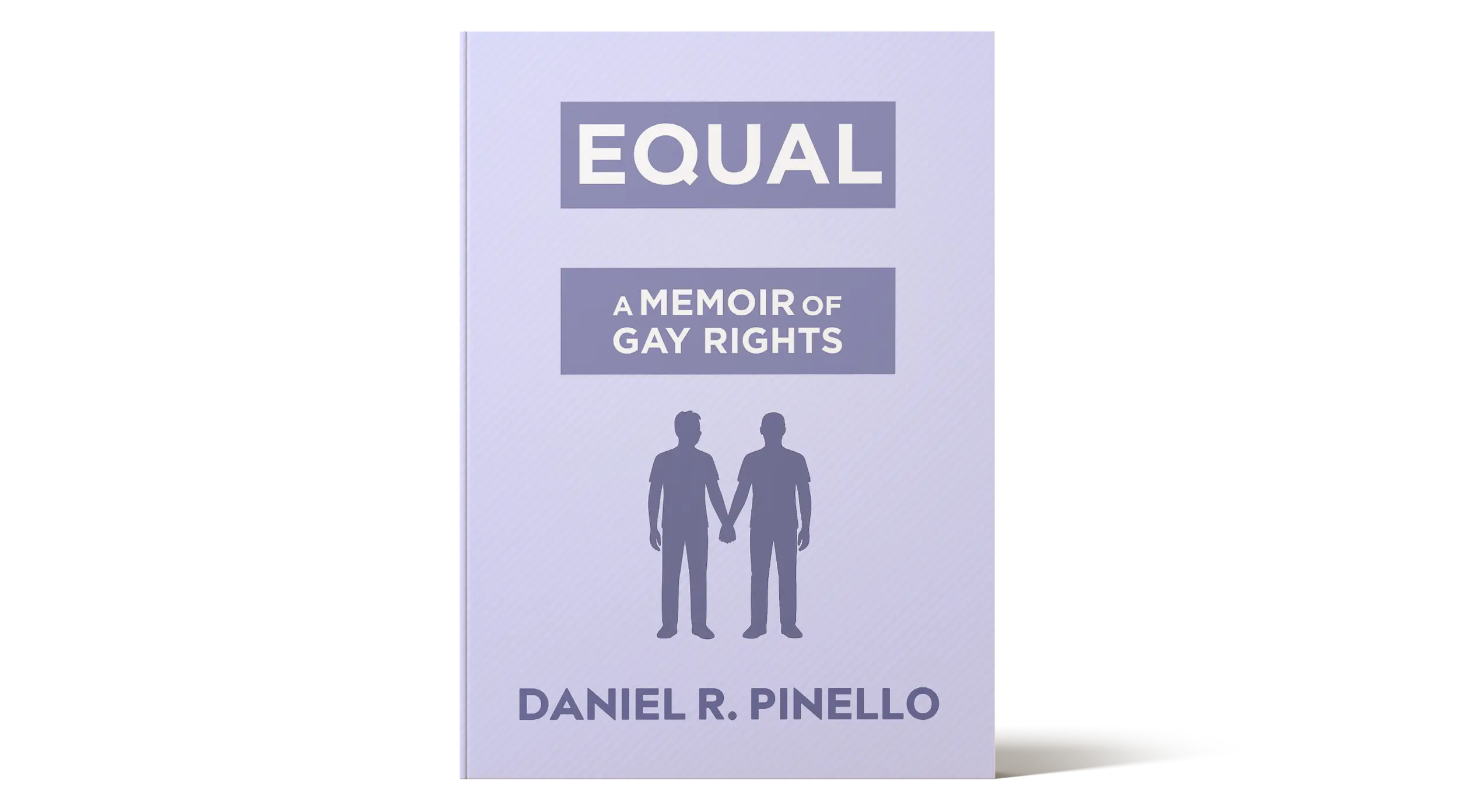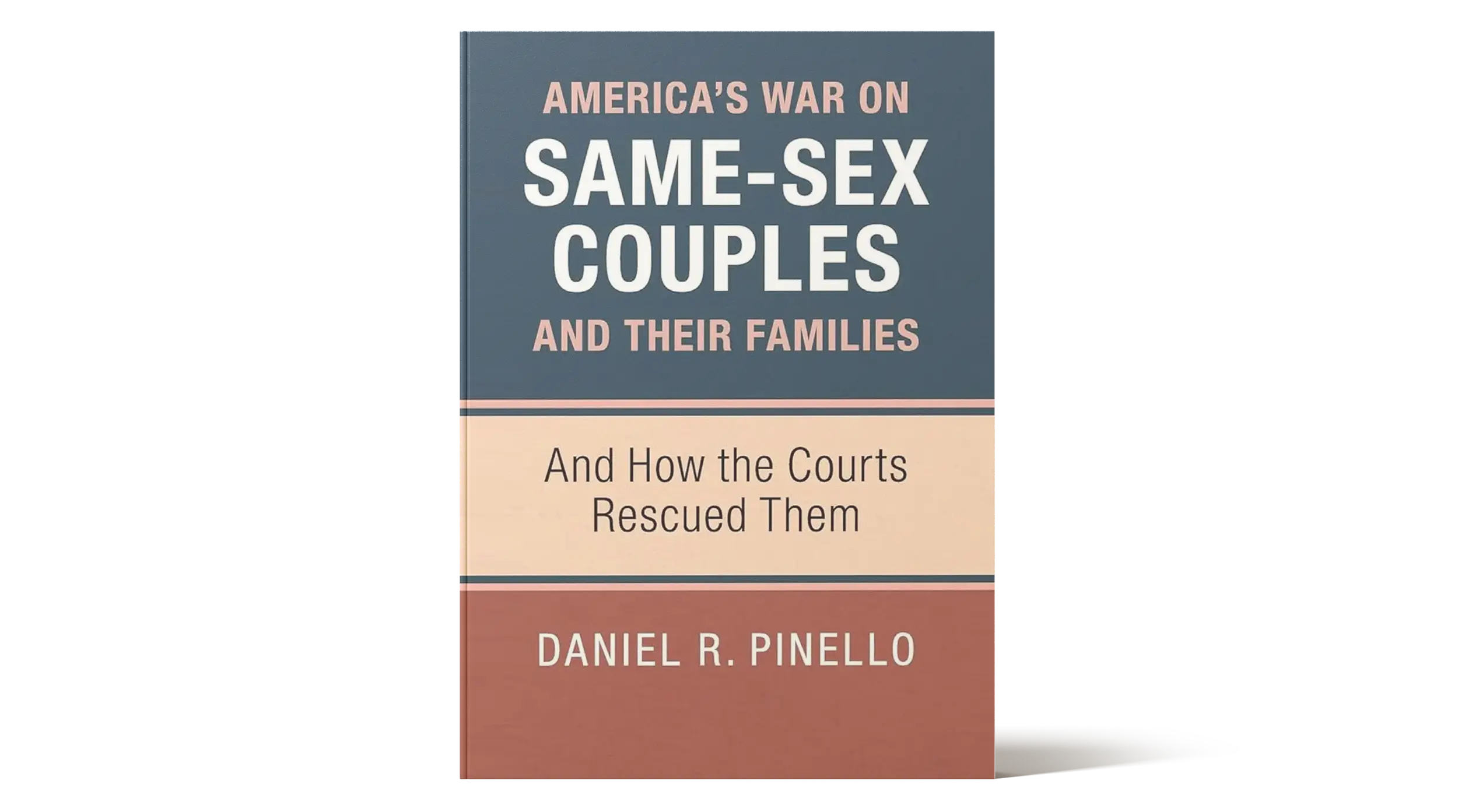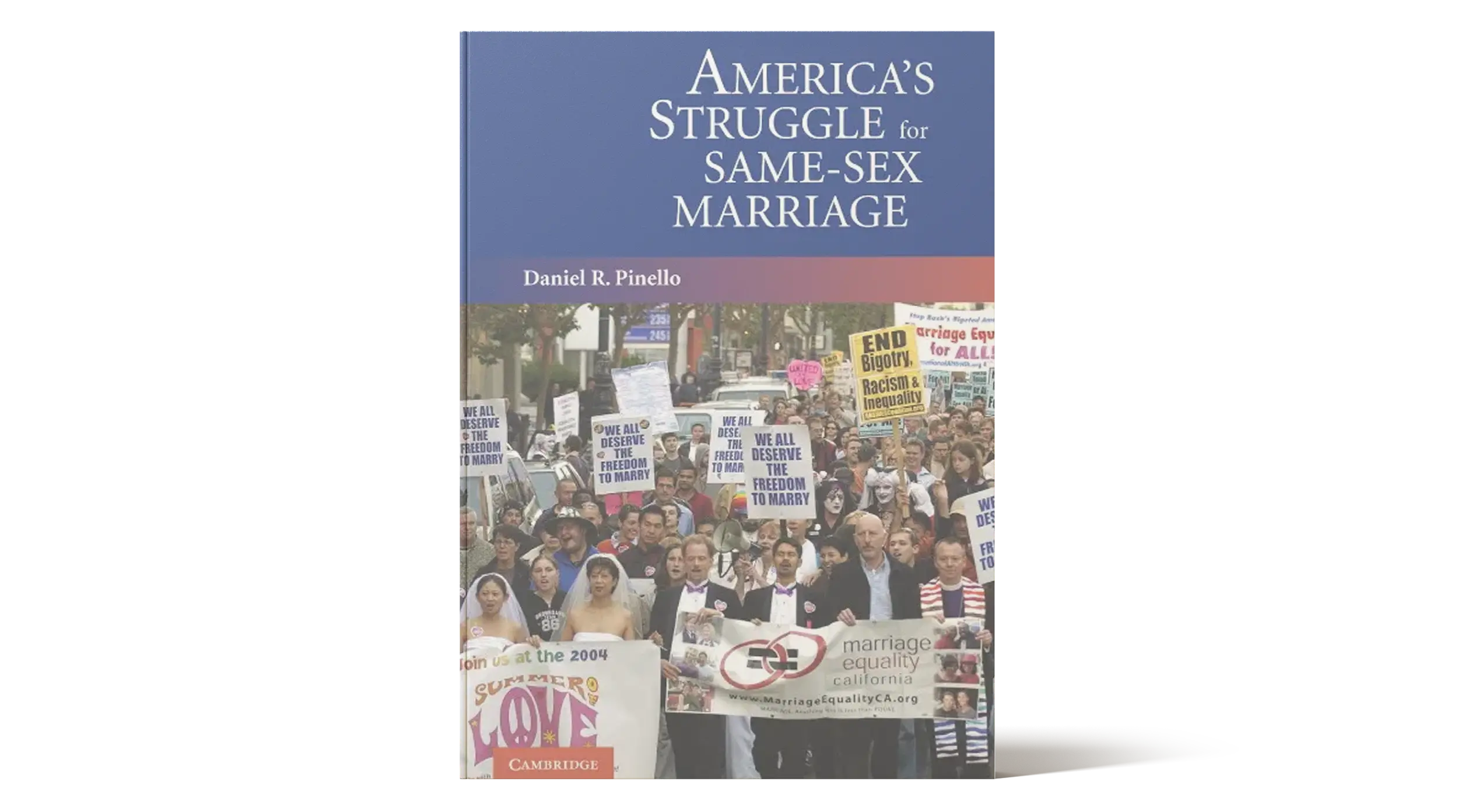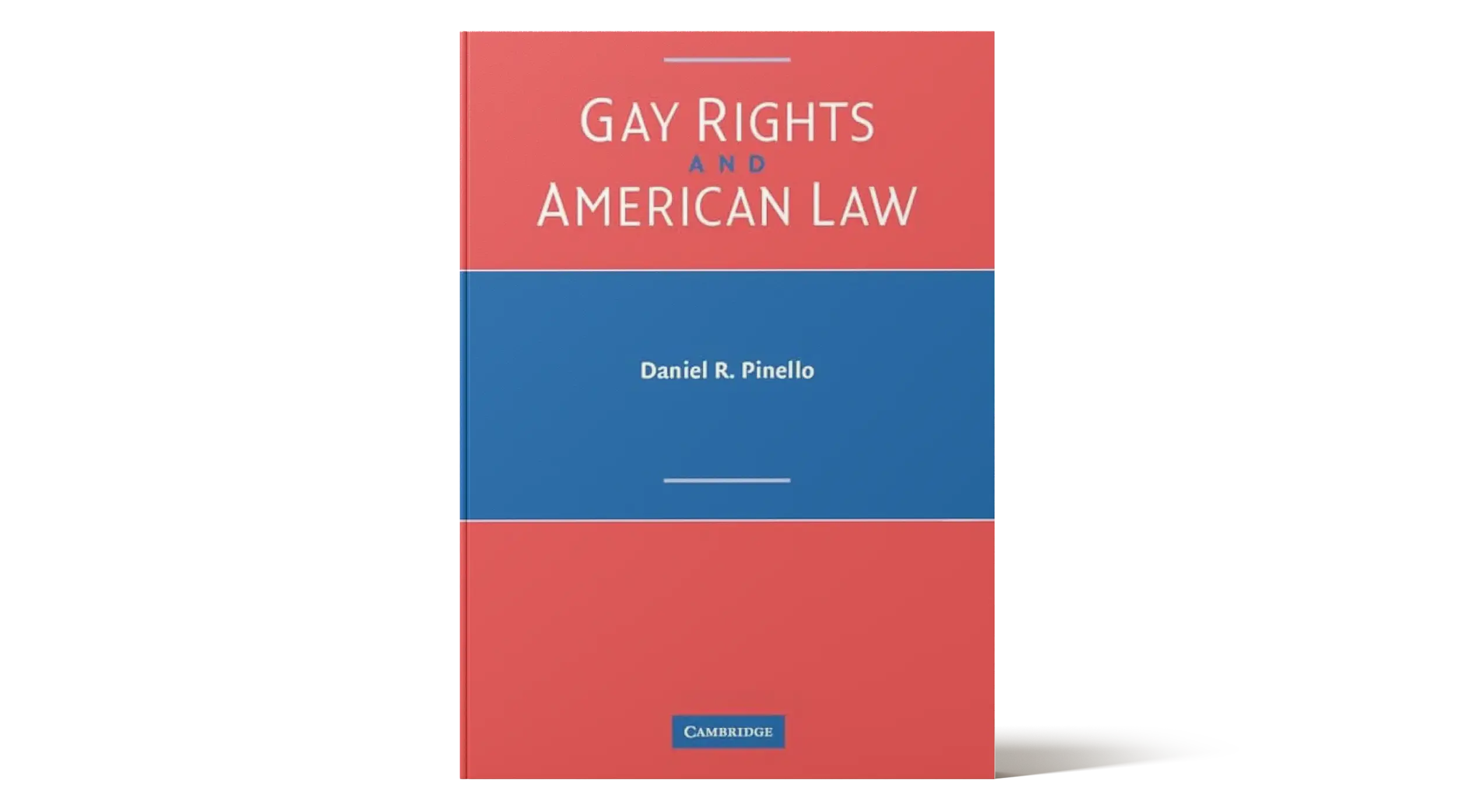Giancaspro v Congleton
Court of Appeals of Michigan
2009 Mich. App. LEXIS 765
February 19, 2009
PER CURIAM.
Plaintiff appeals as of right the trial court’s grant of summary disposition in favor of defendant. We reverse and remand for further proceedings.
This case concerns three minor children. The parties in this matter have never been married, but they began cohabiting in 1995. At some point, defendant adopted the children as the sole legal parent in the People’s Republic of China. The parties then petitioned to adopt the children in the state of Illinois, pursuant to Illinois law. We have not been provided with any Illinois documentation, and neither party cited any Illinois law in the trial court. Defendant contended that plaintiff was “added as a second parent by way of the second parent adoption procedure in Illinois, on the basis of the same-sex lesbian relationship between the parties.” Plaintiff contended that the parties co-petitioned for adoption, and the Judgment of Adoption was based on the parties having resided together for at least five years and the children having resided with both of them since March 3, 2003. In any event, it is undisputed that a valid Judgment of Adoption was entered by an Illinois court, under which both parties are recognized as the children’s adoptive parents under Illinois law.
The parties’ relationship with each other broke down, and in August 2007, plaintiff filed her complaint “for custody, support and parenting time” pursuant to Michigan’s Child Custody Act. Defendant moved for dismissal, arguing primarily that the relief plaintiff sought in this action was contrary to both Michigan and Federal public policy, so the Full Faith and Credit Clause, US Const, art IV, § 1, was inapplicable. The trial court concluded that there was no public policy exception to the Full Faith and Credit Clause, but that the Full Faith and Credit Clause only extended as far as recognizing the fact and validity of the Illinois adoption by both parties. The trial court further concluded that enforcement thereof was, however, not available under Michigan’s Child Custody Act, because that would be violative of Michigan’s public policy. The trial court ruled that “[t]he court’s position is just simply clearly that they are co-parents with equal rights as it stands presently. There are no other . . . existing orders.” The trial court therefore granted defendant’s motion for summary disposition.
We review de novo a trial court’s ruling on a motion for summary disposition, and we also review de novo questions of statutory interpretation. Neither the trial court nor the parties articulated which court rule formed the basis for the grant of summary disposition. The trial court considered facts not found in the pleadings. However, it appears that the facts were undisputed in relevant part, and the most rationally applicable standard is pursuant to MCR 2.116(C)(8), under which summary disposition is appropriate where the complaint is so legally deficient that recovery would be impossible even if all well-pleaded facts were true and construed in the light most favorable to the nonmoving party. Only the pleadings may be considered when deciding such a motion. A constitutional issue is reviewed de novo by an appellate court. However, a court generally will not address a constitutional question if a case can be resolved on other grounds.
The Full Faith and Credit Clause, US Const, art IV, § 1, as applied to judicial proceedings, is to avoid the relitigation of adjudicated issues in other states. The foreign judgment must be given the same effect that it has in the state of its rendition, id., although only to the extent of what was actually adjudicated. A state need not give full faith and credit to a judgment issued by a court that lacked subject- matter jurisdiction over the litigation or jurisdiction over the parties. However, although defendant asserted that the Illinois adoption was contrary to the law of the People’s Republic of China, no jurisdictional argument was raised below. Significantly at issue in the instant case, the Full Faith and Credit Clause only applies to sister states’ judgments, not necessarily their practices for enforcement thereof.
We find persuasive the decision of Finstuen v Crutcher, 496 F3d 1139, 1153-1154 (CA 10, 2007), wherein the Tenth Circuit Court of Appeals held that the Full Faith and Credit Clause applies to final adoption orders, but that a state may continue to exercise authority over the manner in which the adoptive relationship should be enforced and the rights and obligations flowing from the adoptive relationship. Further, while a state need not provide a mechanism for enforcing adoption orders, if it does so, it must do so in an even-handed manner. The Tenth Circuit held that a statutory amendment in Oklahoma that expressly refused to recognize same-sex adoptions from another state violated the Full Faith and Credit Clause. We therefore conclude that the trial court correctly recognized that the Illinois Judgment of Adoption, under which both parties were made the adoptive parents of the minor children, must be recognized as valid and binding in Michigan, irrespective of whether such an adoption could be granted by a Michigan court.
However, the trial court erred in considering “enforcement” thereof. The pleadings, viewed in a light most favorable to plaintiff, do not indicate that this is an enforcement action. “A court is not bound by the party’s choice of labels for the cause of action because to do so would exalt form over substance.” Johnston v City of Livonia, 177 Mich App 200, 208 (1989). Insofar as we can determine, custody was not in any way adjudicated in Illinois, so beyond the fact that both parties are legally parents of the minor children, there is nothing else from Illinois to enforce. Rather, given that both parties are legally parents of the minor children, plaintiff has stated an independent claim under the Child Custody Act seeking to have Michigan law applied to determine the rights and obligations of the parties with respect to child custody and support matters.
Therefore, the question is really whether Michigan’s legal framework for protecting and promoting the best interests and welfare of children within its jurisdiction excludes children with a parent or parents who could not have adopted them under Michigan law. We conclude that it does not.
This state has an interest as parens patraie in protecting the welfare of children within its jurisdiction. In general, the Child Custody Act provides a comprehensive scheme for resolving all custody disputes.
The act makes clear that the best interests of the child control the resolution of a custody dispute between parents, as gauged by the factors set forth the statutory law. It places an affirmative obligation on the circuit court to “declare the child’s inherent rights and establish the rights and duties as to the child’s custody, support, and parenting time in accordance with this act” whenever the court is required to adjudicate an action “involving dispute of a minor child’s custody.” Van v Zahorik, 460 Mich 320, 328 (1999). Taken together, these statutory provisions impose on the trial court the duty to ensure that the resolution of any custody dispute is in the best interests of the child.
The Child Custody Act does not create substantive rights. Rather, it provides a procedure, with presumptions and standards, to resolve competing custody claims. The statute provides:
If a child custody dispute is between the parents, between agencies, or between third persons, the best interests of the child control. If the child custody dispute is between the parent or parents and an agency or a third person, the court shall presume that the best interests of the child are served by awarding custody to the parent or parents, unless the contrary is established by clear and convincing evidence.
The statute defines “parent” as “the natural or adoptive parent of a child.” It is apparent that the trial court ignored this definition and construed the word “parents” in the Child Custody Act as requiring male and female adoptive parents. The Child Custody Act does not contain any such requirement, nor does it contain any preclusion against individuals who adopted children in other states from invoking its provisions. “[A] court may read nothing into an unambiguous statute that is not within the manifest intent of the Legislature as derived from the words of the statute itself.” Roberts v Mecosta Co Gen Hosp, 466 Mich 57, 63 (2002).
The trial court further erred in considering whether the parties could have jointly adopted the minor children had they attempted to do so in Michigan, and it erred in considering whether the parties’ relationship with each other could be recognized in Michigan because of Const 1963, art 1, § 25, which constitutional provision precludes the recognition of same-sex domestic partnerships for any purpose. Nat’l Pride at Work, Inc v Governor, 481 Mich 56, 86-87 (2008). The only relevant consideration in this matter is each individual party’s established relationship as an adoptive parent with the children, not their relationship with each other. As discussed, the Full Faith and Credit Clause compels the courts of this state to recognize, pursuant to the Illinois Judgment of Adoption, that both parties are adoptive parents of the minor children. Therefore, the plain language of the Child Custody Act requires the conclusion that each of the parties is a “parent;” because that fact is binding, the parties’ relationship with each other simply does not matter. As a consequence, this action constitutes a child custody dispute between parents, under which “the best interests of the child control.”
The trial court correctly concluded that the Judgment of Adoption entered in Illinois is entitled to full faith and credit under the United States Constitution, establishing each party as an adoptive parent of the minor children, irrespective of their relationship with each other and irrespective of whether they could have jointly adopted the children in Michigan. The trial court erred in failing to recognize that, as a consequence, plaintiff has validly stated a claim on which relief can be granted under the Child Custody Act in Michigan.
Reversed and remanded for further proceedings under the Child Custody Act consistent with this opinion and with the Illinois adoption judgments or orders.
/s/ Alton T. Davis
/s/ Stephen L. Borrello
Wilder, J., (dissenting).
I respectfully dissent. Because plaintiff has failed to authenticate the Illinois Judgment of Adoption from which she claims rights of enforcement, she has failed to establish entitlement to proceed in a child custody action in the state of Michigan. Accordingly, I would remand to the trial court for further proceedings.
As noted by the majority, “Full Faith and Credit shall be given in each State to the public Acts, Records, and judicial Proceedings of every other State.” US Const, art IV, § 1. However, the constitutional full faith and credit clause also provides: “And the Congress may by general Laws prescribe the Manner in which such Acts, Records and Proceedings shall be proved, and the Effect thereof.” US Const, art IV, § 1 (emphasis added). In 28 USC 1738, Congress has required that judgments or orders, for which full faith and credit are sought, “shall be authenticated,” “shall be proved or admitted,” and that full faith and credit are only owed to orders “so authenticated.” As used in a statute, the word “shall” is mandatory. Thus, before full faith and credit can be accorded to the judgment at issue herein, that judgment is required to be authenticated. Michigan statutes provide in relevant part that “[a] copy of a foreign judgment authenticated in accordance with an act of congress of the laws of this state may be filed in the office of the clerk of the circuit court. . . .” Authentication may be accomplished as provided the statute.
Not only did plaintiff fail to authenticate the judgment that she seeks to enforce, but none of the pleadings from the Illinois proceeding have been made part of the record. This failure is significant for, as acknowledged by the majority, the foreign judgment is given the same effect that it has in the state of rendition only to the extent of what was actually adjudicated. Owen v Owen, 389 Mich 117, 121 (1973). Importantly, a foreign judgment can be collaterally attacked by evidence that the rendering court was without jurisdiction over the parties or the subject matter. Defendant, who appeared on appeal in pro persona, has asserted that the Illinois adoption was contrary to the law of the People’s Republic of China. The majority dismisses this assertion as unworthy of consideration on the basis that no jurisdictional argument was raised below. However, challenges to subject matter jurisdiction can be raised at any time. Certainly, a foreign judgment that the presiding court lacked jurisdiction to enter is not entitled to full faith and credit in the state of Michigan. Plaintiff has failed to file an authenticated judgment; therefore, this Court cannot make the necessary determination of what was actually adjudicated and that jurisdiction was properly exercised. As such, there is nothing for the courts of Michigan to enforce.
For the foregoing reasons, I would vacate the circuit court’s order, and remand for further proceedings consistent with this opinion (i.e., for an additional opportunity for plaintiff to file, prove, and authenticate the Illinois judgments, and for the circuit court then to have an opportunity to make a ruling on whether the Illinois court that issued the judgments had subject matter jurisdiction).
/s/ Kurtis T. Wilder



